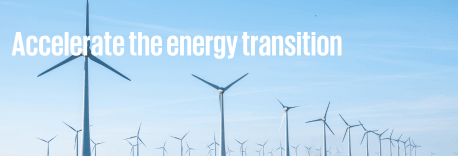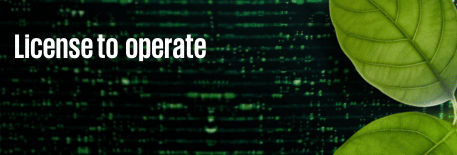Organizations must measure and provide insight into sustainability. How do you contribute to sustainability and how do you perform on environmental challenges? How do you deal with the working conditions, health and safety of your employees? And how do you manage your organization, looking at your rewards and tax strategy?
Three central factors used to measure sustainability and report on it

Environmental
Environmental gaat na hoe een bedrijf bijdraagt aan duurzaamheid en hoe het presteert op het gebied van milieu-uitdagingen, zoals afval (hergebruik), broeikasgassen (uitstoot) en productie van bijvoorbeeld plastic (productie). Denk hierbij aan reeds bestaande belastingen die milieuvriendelijk gedrag stimuleren en milieuvervuilend gedrag beprijzen. Het is van belang in control te zijn over de fiscale risico’s en het benutten van fiscale kansen, en tevens te voldoen aan de huidige fiscale wet- en regelgeving op het vlak van duurzaamheid. Op het terrein van tax sustainability volgen de ontwikkelingen zich in rap tempo op, niet alleen op nationaal niveau maar ook op Europees en zelfs mondiaal niveau.

Social
kijkt naar hoe een organisatie omgaat met zijn werknemers, zoals werkomstandigheden, gezondheid en veiligheid. In het verlengde hiervan ligt 'responsible tax’: erkennen dat belasting de instapprijs is die we betalen voor een beschaafde en sociale samenleving. Een dialoog tussen bedrijven, belastingautoriteiten, ngo's en consumenten is de sleutel tot het opbouwen van vertrouwen. Om dit te stimuleren komen er steeds meer belastingvoordelen beschikbaar voor organisaties die deze sociale doelstellingen nastreven.

Governance
onderzoekt hoe een organisatie bestuurd wordt door onder andere te kijken naar de beloningen en de belastingstrategie. Het creëren van vertrouwen bij stakeholders door transparant te zijn over de belastingpositie van de organisatie wordt benadrukt. De startpunten daarbij zijn: structuur aanbrengen in rapportages, de verwachtingen van stakeholders adresseren en het uitleggen van de bijdragen van de organisatie. Denk aan een zogeheten PACT-analyse (‘Purpose, Approach, Contribution and Tax’).
Keep me updated on the latest tax related ESG news
Sign up now to receive our newsletters and invitations to our events
Need ESG advice?
ESG is a trend that cannot be ignored in the tax world. It is crucial for tax managers to be aware of the impact of ESG on tax trends and to adjust their strategies accordingly. We offer comprehensive support and advice to help companies navigate this complex and rapidly changing tax landscape.
Contact us to discover how we can help you optimize your tax strategies in light of ESG.









